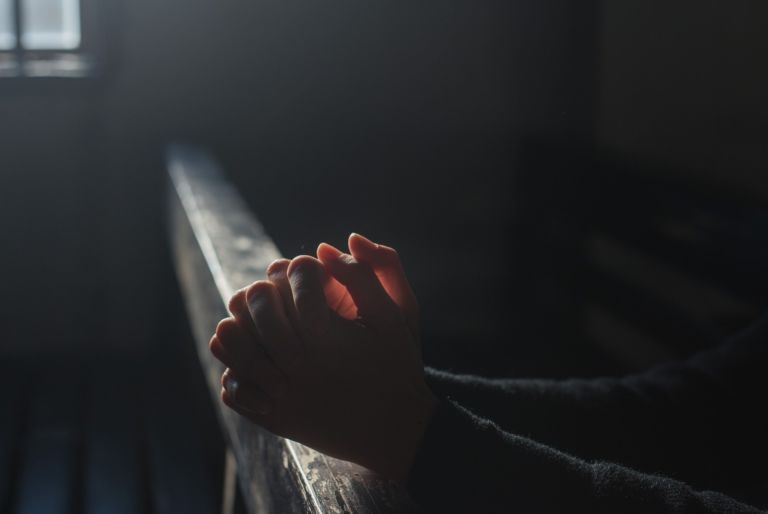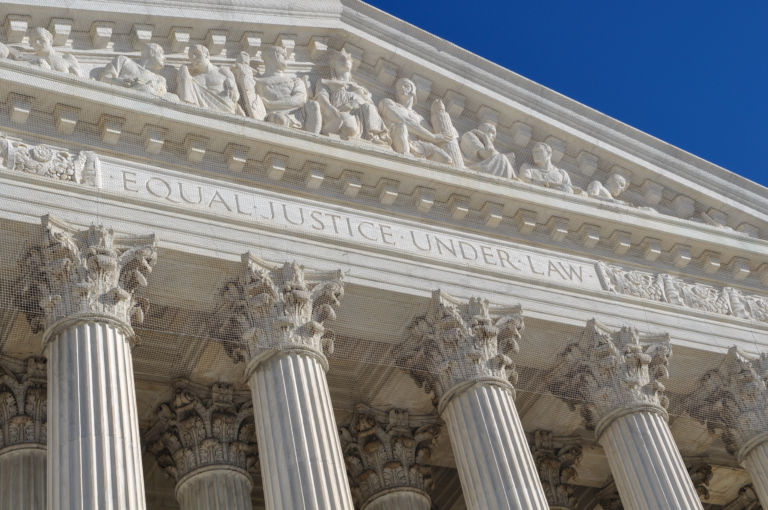Jenna Silber Storey of the American Enterprise Institute explores one great thinker’s thoughts about the roles of religion and democracy in public life.
When Alexis de Tocqueville arrives in America in 1831, he discovers that religious beliefs and democratic politics are, in this young country, ‘combining marvelously.’ ‘Elsewhere,’ he tersely notes, they ‘have often made war with each other.’ In France of the 1830s, the memory of the violent clash between the Revolutionaries and the Catholic clergy is still fresh, making it difficult for the French to imagine a workable relationship between democratic freedom and practices of faith. America offers what Tocqueville hopes will prove an instructive contrast—a place in which the ‘spirit of freedom’ works hand-in-hand with the ‘spirit of religion’ to produce a strong and stable democratic politics.
While America still has rates of church attendance and professed spiritual belief well above European levels, religion in contemporary America may seem increasingly entangled in a political predicament like the one Tocqueville observed in France. For mutual suspicion is growing between the country’s most frequent churchgoers and those who see in religion only the antithesis of democracy, equality, and freedom. Tocqueville’s observations of the cooperation between religion and politics in America, then, might seem no longer relevant. If we recognize, though, that Democracy in America is meant not only to describe a healthy theological-political relationship in the New World, but also to promote such cooperation in the Old, we may be able to draw on Tocqueville’s work to help us move past the growing rift between ‘partisans of freedom’ and ‘men of religion’ today. …
… Tocqueville agrees with the view that church and state should be institutionally separate, but he also maintains that a strong religious life is necessary to sustain the morals and habits crucial to the practice of democratic freedom.

